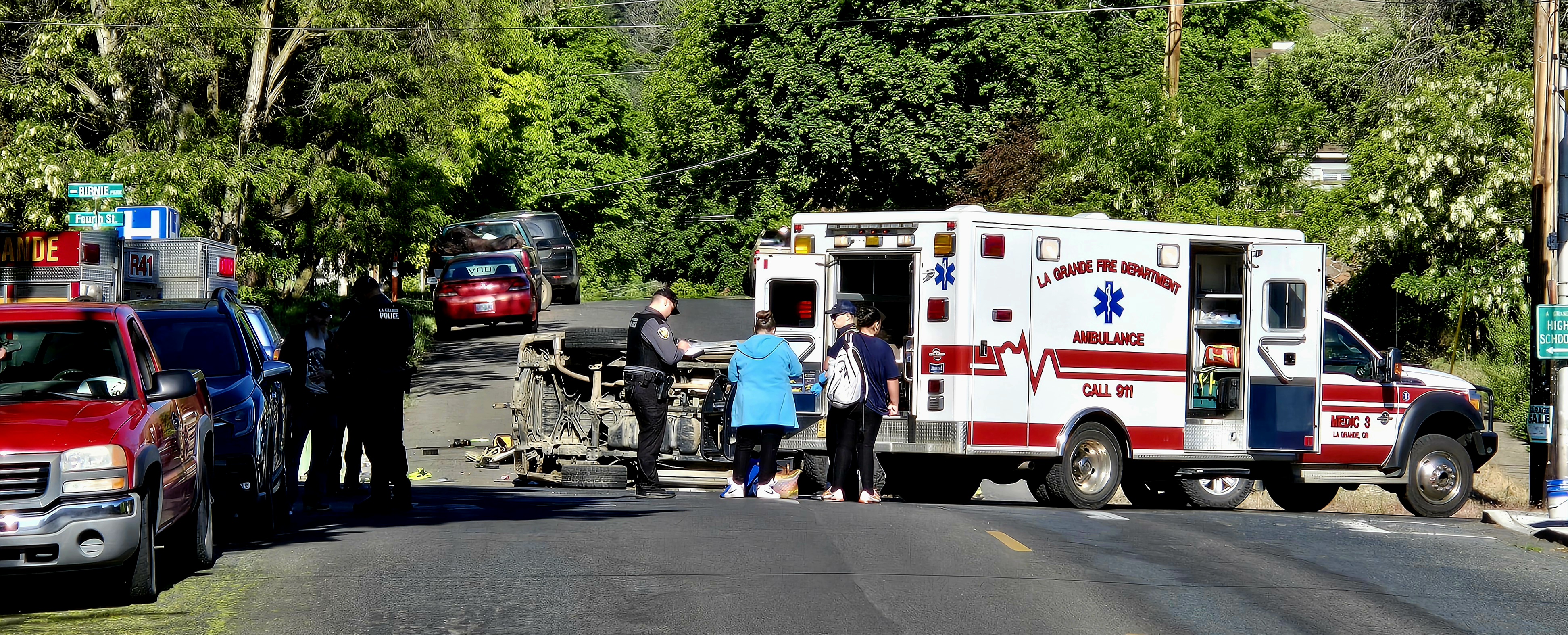Our view: Legislature needs to ante up for wildfire protection
Published 3:00 pm Friday, January 26, 2024
The Oregon Legislature acknowledged in 2022 that the rapid rise over the past decade or so in the state’s tab for fighting wildfires should be shared more widely.
Unfortunately that change lasted only one year.
And reviving it has so far proved more difficult than it should.
The numbers are compelling.
In 2020, the year of the disastrous Labor Day weekend fires, the state spent $130 million fighting fires. A decade ago, the annual bill averaged around $10 million.
The legislature responded by passing Senate Bill 762 in 2021. The legislation included $220 million to bolster the Oregon Department of Forestry’s firefighting capacity, including hiring close to 100 new employees and buying fire trucks and other equipment.
It was hardly a surprise, then, that owners of private timber and grazing land, who pay an annual amount through their property tax bills for wildfire protection, had to spend more in the wake of Senate Bill 762.
The per-acre rates for grazing land rose by 14% in 2022, and for timber parcels by 9%.
Those increases would have been significantly higher except lawmakers included a $15 million “offset” for the final year of the state’s two-year budget cycle, which ended June 30, 2023.
That sensible budget item reflected the reality that wildfires — including the devastating 2020 blazes — ignore property boundaries. Flames will scorch the land of those who don’t pay for fire protection as readily as they burn the property of those who do.
Some benefits of expensive fire protection campaigns also accrue broadly, helping people regardless of whether or not they help pay for it — less cloying and toxic smoke, to name an obvious and increasingly ubiquitous example.
The forestry department naturally requested another $15 million for the current fiscal year.
But Gov. Tina Kotek didn’t include the money in her budget. Nor did lawmakers add it.
As a result, the fire protection fee for grazing land in Northeast Oregon rose by 52% this fiscal year, and 32% for timber ground. Increases were even larger for the Central Oregon district.
State Sen. Elizabeth Steiner, a Democrat from Portland who is co-chair of the budget-writing Ways and Means Committee, called those increases unfair.
But her initial solution to the problem failed.
As it should have.
Steiner proposed earlier this month, as part of a firefighting package for the legislature to consider when it convenes Feb. 5, to impose a $10 yearly fee on all of Oregon’s 2 million property owners, raising about $20 million annually.
That spreads the cost more than is necessary, and is a regressive tactic besides.
Reinstating the $15 million yearly offset from the state would have no appreciable effect on the overall budget.
That, rather than adding a new statewide tax, however modest the amount, should be lawmakers’ focus in the short session that starts soon.





